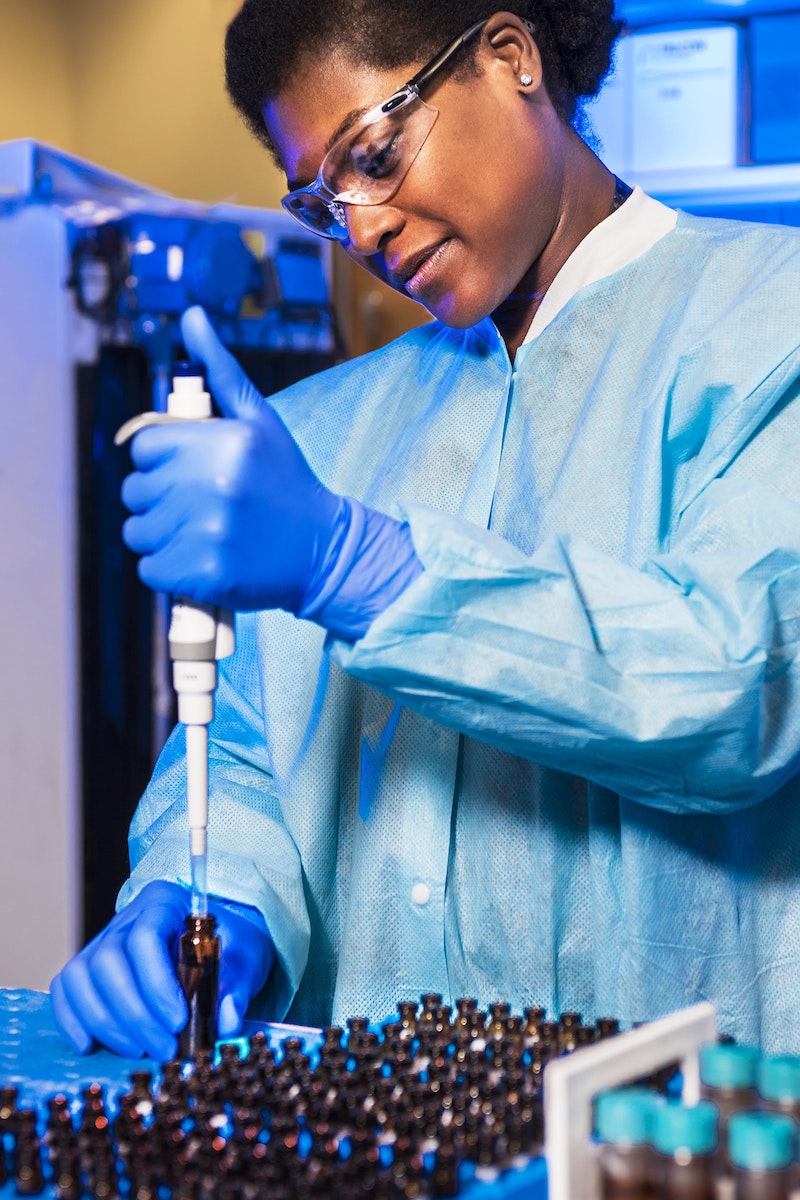A century ago, the Spanish Flu swept across the globe, infecting 500 million people (nearly a quarter of the world’s population at the time) and killing tens of millions, including 675,000 in the US. With a total count of nearly 5.6 million confirmed cases and 353,373 deaths as of this posting, according to figures published by the World Health Organization (WHO), the COVID-19 pandemic has yet to reach that kind of devastation and hopefully never will. But the experience – an unprecedented one for modern-day – has exacerbated the need for trained physicians to address the looming shortage, already predicted long before the pandemic emerged to surpass 120,000 by 2032. Now, there’s a punctuated need for future medical professionals focused on infectious diseases.
MD/PhD Candidate Jawara Allen spelled out the need in a recent issue of The Journal of Infectious Diseases.
“This pandemic will cause a shift in medicine such that when clinical training across the world resumes I will join a healthcare workforce that is markedly different from that of my predecessors,” Allen wrote. “At that time, the demand for physicians who specialize in infectious diseases will be amplified.”
Five top career paths for infectious disease specialists include…
- Research: Working in laboratories to develop and perfect COVID-19 treatments and to initiate research on other pathogens with pandemic potential;
- Hospital workers: Facilitating the use of personal protective equipment, plus identifying and strengthening supply channels to assure the nation is prepared for future COVID-19 surges or major spreads of other pathogens;
- Public health: Governmental workers dedicated to shaping and disseminating public health recommendations and developing policies that preemptively protect those most vulnerable to future pandemics;
- Physicians: Working in all areas from small clinics to major hospitals to treat COVID-19 complications and promote healthy and effective preventative habits;
- International ambassadors: Strengthening scientific ties between countries around the globe to help fight against future worldwide threats.
Inspired? Let WOLFPACC help. We offer training in a proven, revolutionary approach to the study and practice of medicine as well as review courses designed to help you ace your USMLE and COMLEX exams. Call 904-209-3140 to learn more.
*Photo Courtesy of CDC




